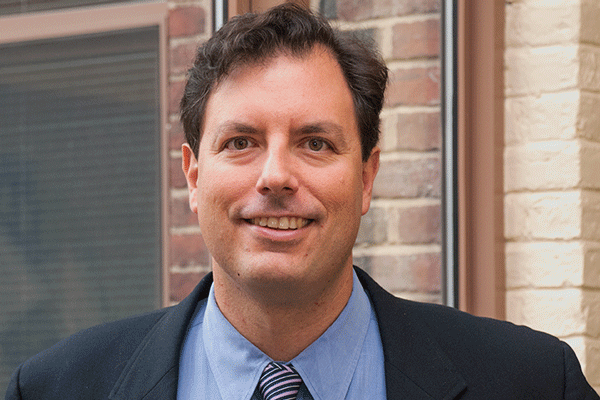
In light of the new Senate bill (also known as the Better Care Reconciliation Act), which fundamentally alters the way that Medicaid is funded and run, David Grabowski highlights the critical importance of the government program. Making deep cuts to funding, which the BCRA proposes to do, will have broad and wide-ranging effects that, if passed, could be devastating.
In a New York Times op-ed with Jonathan Gruber and Vincent Mor, Grabowski removes the assumption that Medicaid is simply for the impoverished. “Medicaid is not ‘somebody else’s’ insurance. It is insurance for all of our mothers and fathers and, eventually, for ourselves.”
The BCRA proposes cutting Medicaid over the long term by $800 million, which is the single largest cut in the program and indeed any insurance program. Nearly two-thirds of that care is focused on care for the elderly, particularly long-term care services. Cuts like the ones proposed would shift costs to consumers, taxpayers and Medicare. “[These cuts] are a direct attack on our elderly, our disabled and our dignity.”
In a New York Daily News piece with health policy PhD student Emma Sandoe, Grabowski dives into the mechanics of the Medicaid cuts. With the federal government only providing a fixed amount to cover costs instead of matching state governments, states will potentially be forced to limit the coverage of their state Medicaid programs. Costs will shift to patients and hospitals, leading to more spending and debt.
Finally, in a TIME article, Grabowski is quoted highlighting a grim reality for seniors who need to utilize Medicaid who will suffer most due to cuts: “They’ve spent through their savings, and they don’t have family members or friends to provide care … Medicaid is really the last resort for these individuals.”
Enjoy content like this? Sign up for our newsletter and follow HCP on Twitter.